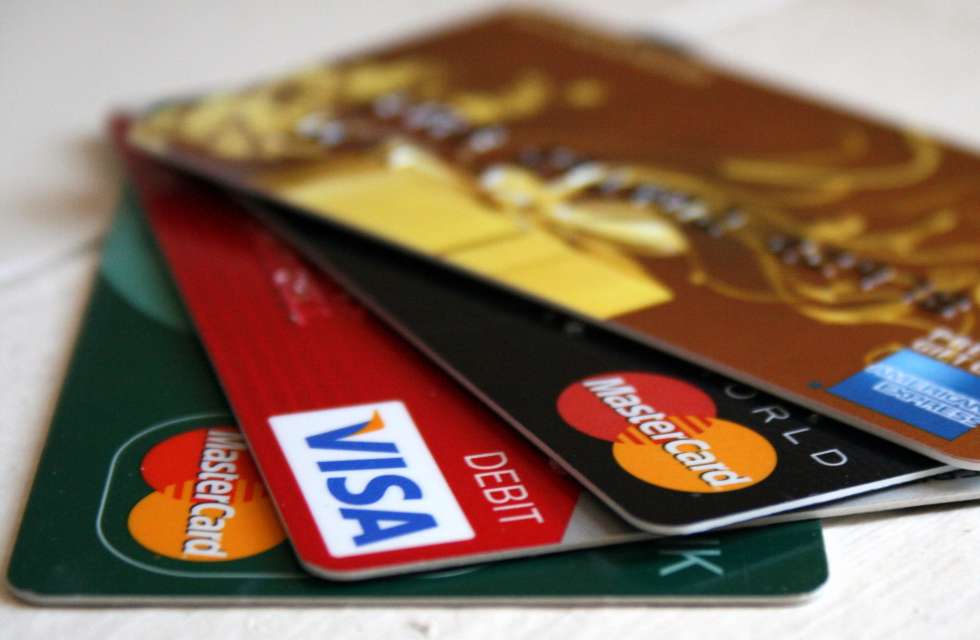Payment on delivery, the devil according to eCommerce players, is still very much the norm in Nigeria. I spoke with a few people why they prefer payment on delivery even when shopping with the biggest and most reputable players in Nigeria and yet they could make orders in distant countries on Amazon, Asos and Aliexpress. Basically, my survey was divided into 2 sets of people – those that don’t trust local eCommerce players well enough to refund them quickly if they are unsatisfied with their order and those that think they’re vulnerable to all sorts of card fraud once they enter their card details online. Personally, it’s a struggle to get Aliexpress to refund me for orders I never get and the latter group would never approve of such transactions.
These myths were written by MasterCard from their survey and they are dedicated towards those people that fall in the latter group because to them, sometimes, a convenient payment solution to make life easier might seem too good to be true, but with the rise of technology it really is possible.
For example, electronic payment developments such as contactless cards and digital wallets seem to be suspiciously simple, too simple in fact that misperceptions or myths are created around payment safety and security.
There are universal truths about the technology and safety behind electronic payments, in contrast to everyday misperceptions. MasterCard has traced some common payment myths about cashless payment solutions and has ‘busted’ them with the truth, to help provide peace of mind.
Myth 1: Card information breaches are rampant and out of control.
Truth: Efforts by the payments technology industry to enhance the security of payment systems has delivered substantial falls in card breaches. While payments have never been safer, criminals have never been smarter. Companies globally are collaborating to address key issues on safety and security. Electronic payments remain one of the safest ways to pay, more so than cash.
Myth 2: Cash is a secure, anonymous solution.
Truth: Cash is the least secure form of payment because if stolen, it can be used by anyone without any need for authentication.
Myth 3: Chip and PIN is a security silver bullet.
Truth: There is no silver bullet to completely stop security breaches. However, technology on a payment card has multiple layers of security that help detect and mitigate threats. Chip and PIN technology is just one example of a security layer that helps fight persistent security threats.
Myth 4: Security is still the biggest concern that prevents consumers from shopping online.
Truth: Shopping online can be a daunting experience for a first-time user, but there are technology advancements such as MasterCard SecureCode that allow online retailers to add another layer of security for transactions by asking the consumer to enter a password. That password is only known by the consumer.
Myth 5: When shopping online, the more information I enter, the more secure my purchase.
Truth: It’s preferable for online retailers to authenticate an online shopper with the minimum information possible. Ideally, they will request the three digit CVC or CVV number on the back of your card to complete a payment. Alternatively, adopting a digital wallet like MasterPass takes the hassle out of repeatedly adding your payment and shipping information, with the benefit of having all the security of your payment card included.
Myth 6: Fraudsters can electronically pickpocket your card/device information for identity theft.
Truth: There is a clear distinction between identity theft, where a consumer’s identity is assumed by another individual for criminal purposes, and payment card fraud, where a consumer’s card information is compromised and used to make unauthorised purchases. As contactless cards only send a minimal amount of information, there is very little risk of actual identity theft.
Myth 7: My spending data can be shared.
Truth: All spending data is anonymized and aggregated and cannot be traced back to individuals. If you’re getting cold-calls from unknown salespeople, rest assured that they did not get your details from a technology payment provider.
With these common myths ‘busted’, there’s no excuse for you to not adopt the latest payment innovations to make an online purchase. Life is meant to be simple, don’t let myths about fraudsters ruin it.






